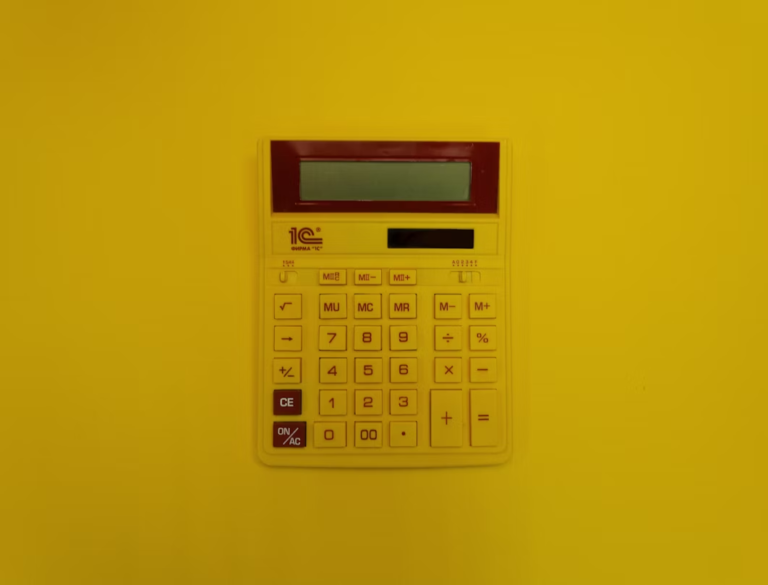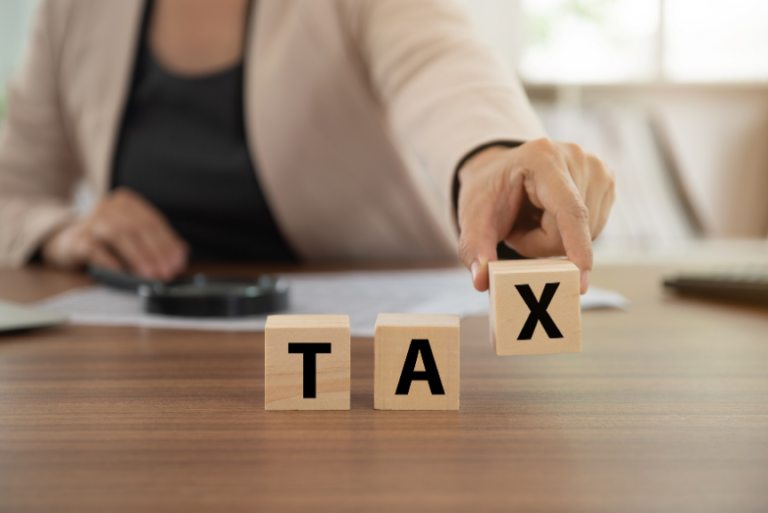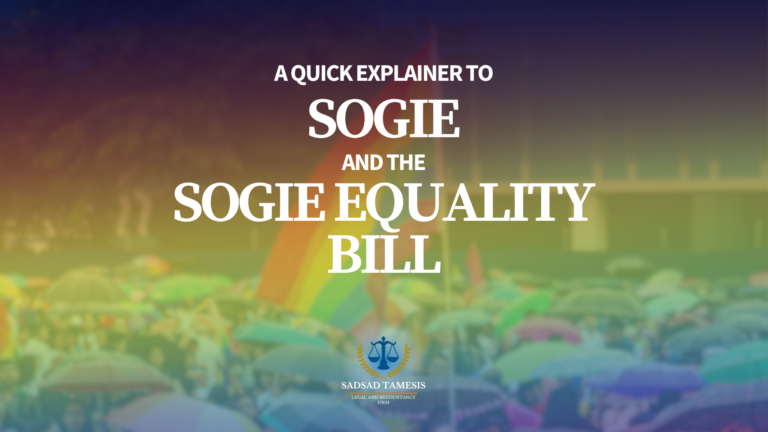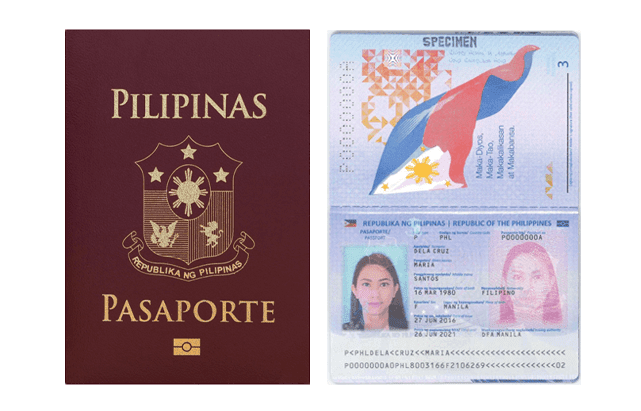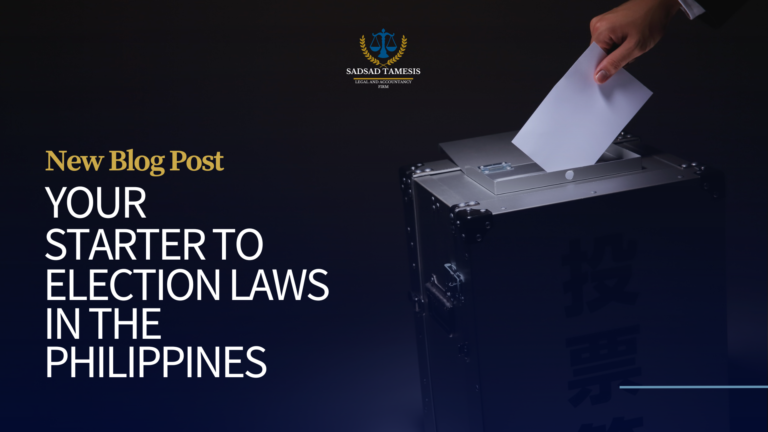Sadsad Tamesis Legal & Accountacy Firm
Bits of Law
Frequently Asked Questions (FAQs)
What are your business hours?
Our business hours are from 8:00 am to 5:00 pm, Monday through Friday.
What type of cases does your law firm handle?
Our areas of practice include Criminal Law, Labor Law, Corporation Law, and Litigation. For more information, please visit our Practice Area page.
Do I need to come into your office and meet you in person to receive legal services?
We can conduct consultations and other legal services through video conferences. This is to ensure that our lawyers, staff, clients, and prospective clients are safe from the ongoing pandemic. However, we also do personal consultations in-office if the client so chooses. Do note that the availability of personal consultations is subject to the current safety protocols and the availability of the lawyers.
Is the information I tell my lawyer confidential?
Yes, everything you tell your lawyer is strictly confidential. This is because of the Attorney-Client Privilege, stating that attorneys are prohibited from divulging any information that clients and prospective clients have shared with them. The Attorney-Client Privilege ensures that clients will always be able to trust their chosen attorneys when seeking advice.
How do I get started?
To get started with your case, you can contact us by either calling (02) 8477 5798 or 0948 961 239, or by visiting our Contact page.
What are your business hours?
Our business hours are from 8:00 am to 5:00 pm, Monday through Friday.
What type of cases does your law firm handle?
Our areas of practice include Criminal Law, Labor Law, Corporation Law, and Litigation. For more information, please visit our Practice Area page.
Do I need to come into your office and meet you in person to receive legal services?
We can conduct consultations and other legal services through video conferences. This is to ensure that our lawyers, staff, clients, and prospective clients are safe from the ongoing pandemic. However, we also do personal consultations in-office if the client so chooses. Do note that the availability of personal consultations is subject to the current safety protocols and the availability of the lawyers.
Is the information I tell my lawyer confidential?
Yes, everything you tell your lawyer is strictly confidential. This is because of the Attorney-Client Privilege, stating that attorneys are prohibited from divulging any information that clients and prospective clients have shared with them. The Attorney-Client Privilege ensures that clients will always be able to trust their chosen attorneys when seeking advice.
How do I get started?
To get started with your case, you can contact us by either calling (02) 8477 5798 or 0948 961 239, or by visiting our Contact page.


